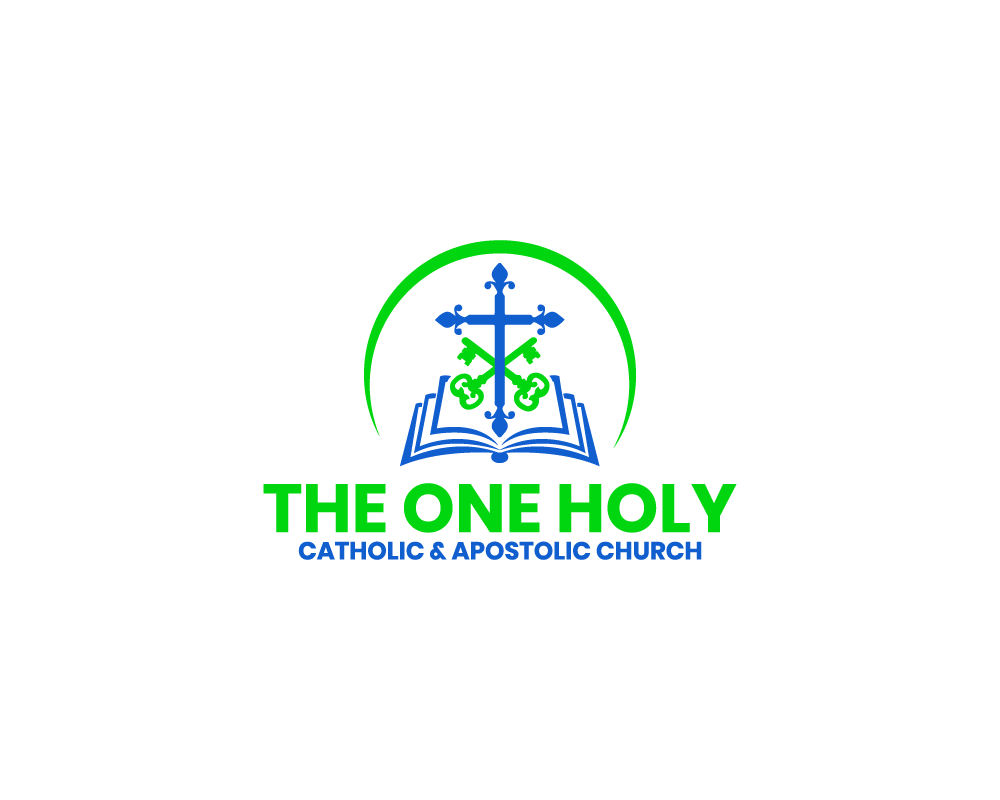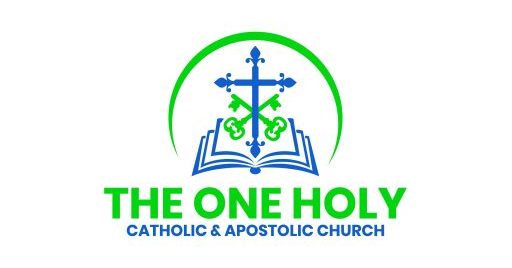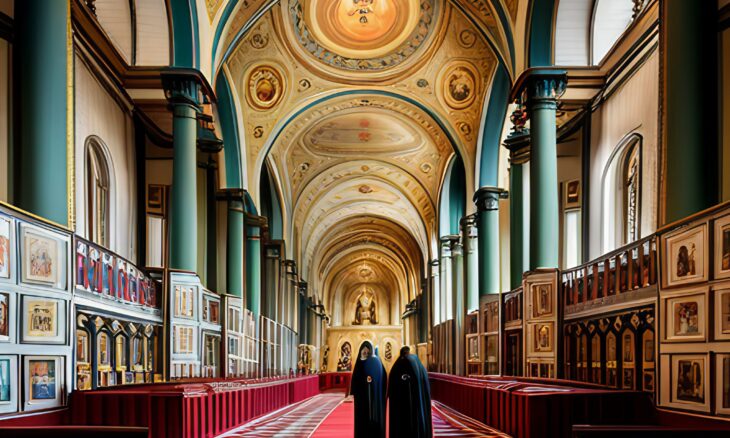Founding and Early History
The Church of Constantinople, also known as the Ecumenical Patriarchate, traces its origins back to Saint Andrew, the brother of Saint Peter. The first Bishop of Byzantium was Stachys, a disciple of Saint Andrew.
Rapid Elevation of Status
After Constantinople became the capital of the Roman Empire in the 4th century, the Bishop of New Rome (Constantinople) saw a rapid elevation in status. The city’s bishopric became an archbishopric, and its jurisdiction expanded over other dioceses.
Ecumenical Patriarchate
The titles “Ecumenical Patriarch” and “Ecumenical Patriarchate” were adopted in the 6th century by Patriarch John IV. They signify the broader pastoral responsibility and supranational character of the Church of Constantinople within the Orthodox churches.
The Great Schism and Continued Relations
The Great Schism of 1054 formalized the separation between the Eastern and Western churches, granting the Ecumenical Patriarchate sole authority over Orthodox churches worldwide. Despite this, friendly contacts between Orthodoxy and Rome continued for several centuries.
Temporary Transfers and Ottoman Rule
During the Fourth Crusade, Constantinople was captured by the Latins in 1204, leading to the temporary transfer of the Ecumenical Patriarchate to Nicaea. However, it was restored to Constantinople when the city was recaptured in 1261. When the Ottoman Empire took over in 1453, the Ecumenical Patriarch gained increased authority as the Ethnarch of the Orthodox peoples.
Survival and Symbol of Unity
Despite the Turkish conquest and subsequent restrictions, the Ecumenical Patriarchate persevered and maintained its reconciliatory role. It became a symbol of unity and provided service and solidarity to the Eastern churches.
Missionary Growth and Spiritual Impact
The Ecumenical Patriarchate sponsored missionary efforts throughout history, including the conversion of the Kievan Rus in the 10th century. It has also played a significant role in the ecumenical movement and participated actively in the World Council of Churches.
Continuing Ministry and Leadership
Today, the Ecumenical Patriarchate is actively engaged in various ecclesiastical activities and ministries. It continues to be a dynamic leader in the ecumenical movement and participates in theological dialogues with non-Orthodox Christians and other faiths.



